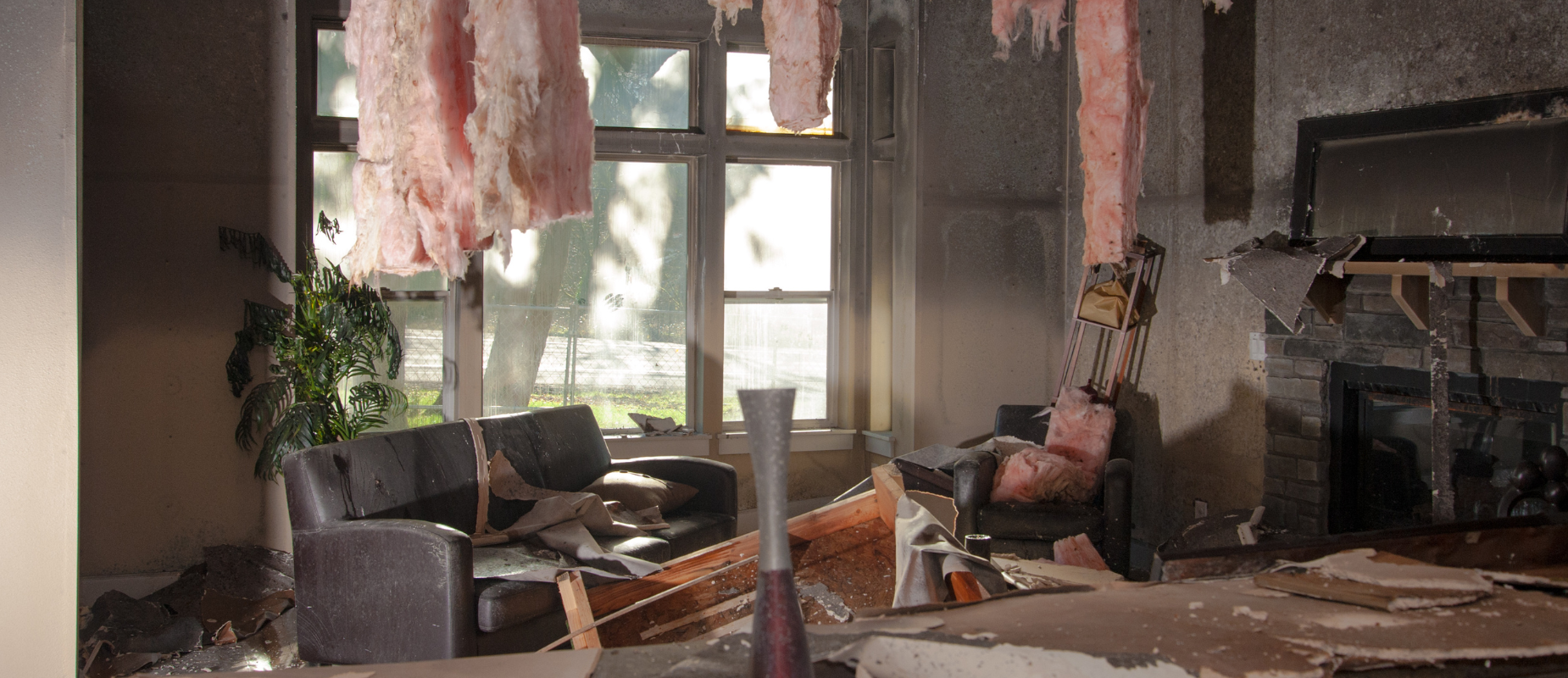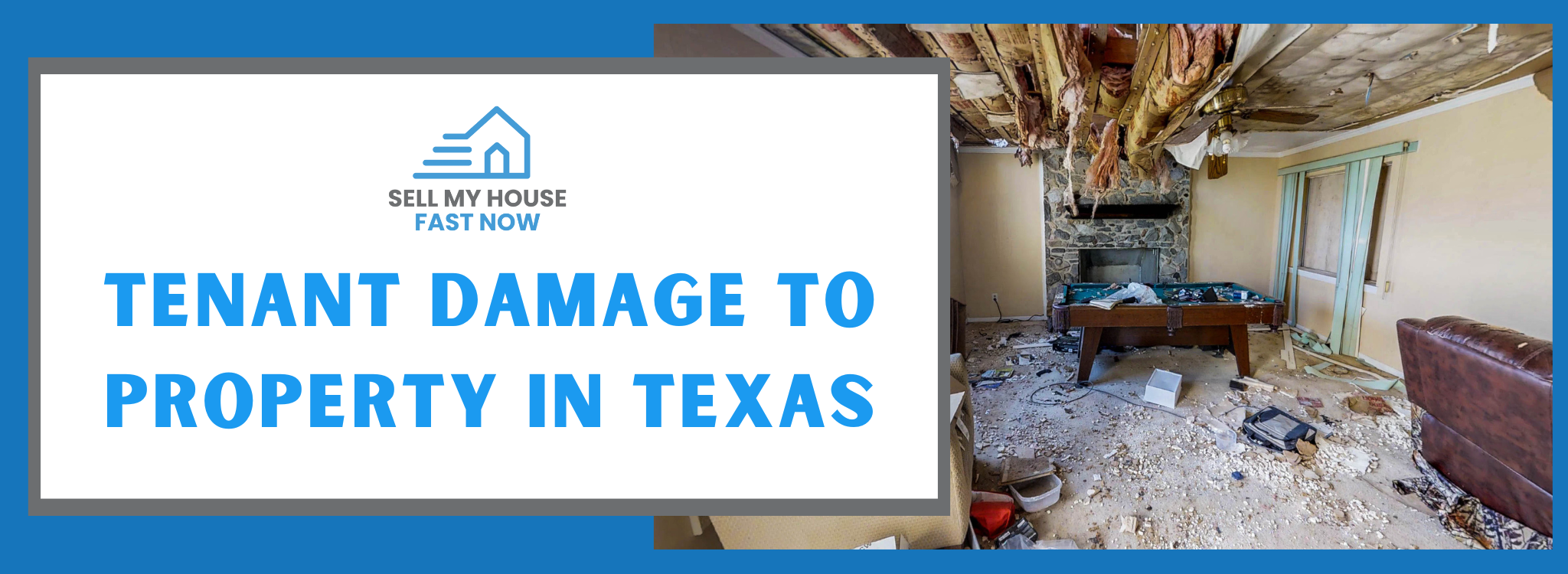
Legal Obligations for Texas Landlords

What are the responsibilities of landlords regarding tenant damages?
In Texas, landlords need to know their duties when it comes to tenant damages. As a landlord, you should check and fix any property damage quickly. According to Texas rental property damage rules, you can use the tenant’s security deposit to pay for damages beyond normal wear and tear. It’s important to have clear records of any damages. Tenants in Texas must pay for any damage they cause. Keeping detailed records helps avoid arguments and makes sure repair costs go to the right person.
How does Texas law protect a landlord’s property interests?
Texas law gives landlords ways to protect their property. The Texas Tenant Landlord Act lets landlords keep their property in good shape. If a tenant causes damage, landlords can get money back through insurance or legal steps. Having landlord insurance can help cover tenant-caused damage and cut down repair costs. Eviction is also an option if tenants break lease terms or don’t pay for damages. This helps landlords protect their rights and property.
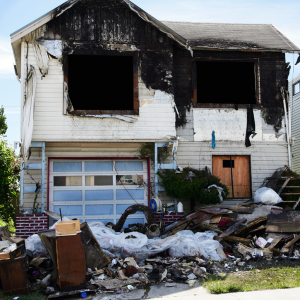
What legal actions can landlords take for tenant-caused damages?
If a tenant causes damage, landlords have several legal options. Legal proceedings can help recover repair costs. The Texas eviction process for damages starts if tenants refuse to pay. This means giving a notice and possibly going to small claims court. For serious damage, getting legal advice can be helpful. A lawsuit might be needed to make tenants pay for damages. Understanding tenant liability under Texas law helps landlords safeguard their property and finances.
Assessing Tenant Damage Costs
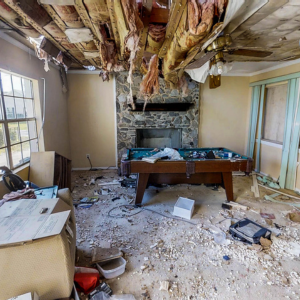
How should landlords evaluate the cost of property damages?
When you own a rental property, you must understand how to inspect it for damage and estimate the cost of repairs. Property damage can occur due to routine use or tenant negligence. Begin by conducting a thorough assessment of the rental property for any damages. Use a short checklist to record problems like scratches on the walls or damaged equipment.
In Texas, landlords are required to follow state regulations regarding what damage tenants are accountable for and how security deposits can be spent for repairs. It is critical to distinguish between damage and typical wear and tear since you cannot charge tenants for normal wear out of their security deposit.
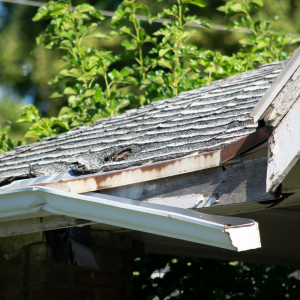
What tools or professionals can assist in calculating repair expenses?
Landlords may require professional assistance to appropriately estimate the cost of property damage. Consider employing property management businesses or professionals who specialize in rental properties in Texas. They may provide detailed reports on the damage, assess what has to be repaired, and provide estimates based on Texas law.
You can also use repair expense tools designed for landlords. These tools can help speed up the process by providing rapid estimates and comparing them to professional assessments. When budgeting for repairs, keep in mind that legal expenses and insurance may be required.
Can repair costs impact a tenant’s security deposit return?
Yes, repair expenses can affect whether or not a tenant receives their full security deposit back. According to Texas law, a landlord may withhold a portion or all of a security deposit to cover damages incurred by the tenant that exceed normal wear and use. However, landlords are required to provide an itemized list of what was removed from the security deposit for property damage.
As a landlord, you must adhere to Texas rules regarding security deposit returns. This involves providing documented verification of damage and repair expenses, as well as returning any remaining deposit within a certain time frame. This promotes a positive relationship with your tenants while still meeting regulatory standards.
For expert advice on handling property damage and rentals, contact Sell My House Fast Now. We offer support with cash offers and fast sales, providing a smooth experience for all your real estate needs.
Tenant Rights and Responsibilities
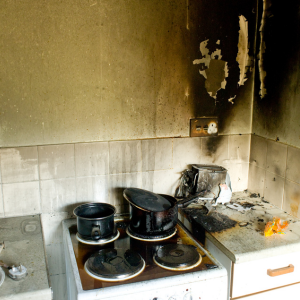
What are tenants’ obligations to prevent property damages?
When you rent a home, you need to know how to keep it in good shape. Tenants should make sure they do not harm the rental property. Here are some key things to remember:
- Routine Maintenance: Clean regularly and take care of simple fixes, like changing light bulbs or checking smoke detectors.
- Report Issues Promptly: Tell your landlord about any repairs that need to be done right away to stop any more damage.
- Follow Lease Terms: Stick to the rules in your lease agreement about how to use the property.
In Texas, if you cause damage beyond normal wear and tear, you might need to fix it or pay for the repairs. Knowing tenant responsibility for damage in Texas can help protect your security deposit.
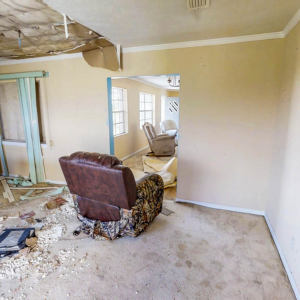
How are tenants held accountable for damages in Texas?
In Texas, tenants must pay for any property damage they cause. Here’s how it usually works:
- Security Deposit Deductions: Landlords can take money from your security deposit to pay for repairs.
- Legal Actions: If the repair costs more than the security deposit, landlords might sue for the extra amount.
- Rental Agreement Details: Your rental agreement often explains tenant damage charges that Texas laws allow.
Knowing about these consequences highlights why it’s important to care for the rental space. Understanding Texas tenant rights on property damage is key to managing your responsibilities well.
Are there instances where tenants might not be liable for property damage?
There are times when tenants don’t have to pay for property damage:
- Normal Wear and Tear: Regular use, like paint fading or carpet wearing out, usually isn’t the tenant’s fault.
- Pre-existing Conditions: Damages that were there before you moved in are the landlord’s responsibility if noted at move-in.
- Landlord Negligence: If the landlord ignores your repair requests and more damage happens, you might not be at fault.
If you and your landlord disagree about property damage liability in Texas, there are legal ways to settle the issue. Knowing when you’re not responsible helps protect your interests and improves landlord-tenant relations.
Strategies for Addressing Disputes
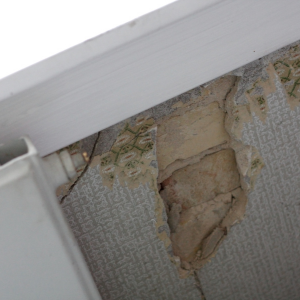
What steps can resolve disputes over alleged property damages?
If you’re a landlord or tenant dealing with property damage disputes, knowing the right steps can help. Here’s a simple guide:
- Review the Lease Agreement: Check the lease agreement first. This document tells who handles property maintenance and damage. Knowing each person’s duties can clear up confusion.
- Document Everything: Write down details and take photos of damages. This proof is helpful if the dispute gets bigger.
- Discuss Deposit Deductions: If the damage affects the security deposit, look at Texas rental property damage rules. Talk openly about any deductions from the deposit.
- Engage in Negotiation: Try to settle the dispute by talking it out before taking legal action. Open discussions can stop problems from growing.
- Consider Mediation: In Texas, mediation helps solve landlord-tenant disputes. A neutral person helps both sides reach an agreement without going to court.
- Prepare for Legal Action: If mediation doesn’t work, talk to an attorney. They can guide you through legal steps if a lawsuit is needed.
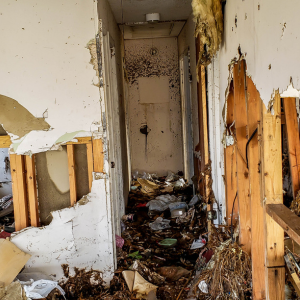
How effective is mediation in resolving landlord-tenant disagreements?
Mediation is a good way to settle disputes between landlords and tenants. Here’s why:
- Cost-Effective: Mediation costs less than going to court. It’s a smart first step before expensive legal actions.
- Confidentiality: Meetings are private, so both parties can talk freely without public records.
- Focus on Resolution: Mediators find solutions that work for both sides, speeding up resolutions.
- Legal Standing: You don’t need an attorney for mediation, but legal advice can protect your rights under Texas law.
If unsure about mediation, ask a local expert on Texas landlord damage policy for help.
When is it appropriate to involve legal counsel in disputes?
Knowing when to get legal help can save time. Here’s when an attorney might be needed:
- Complex Cases: If the damage involves big money or tricky legal issues, legal counsel provides support.
- Evictions: Knowing the Texas Tenant-Landlord Act helps with evictions. An attorney can handle these proceedings.
- Unsuccessful Negotiations: If talks and mediation fail, an attorney can advise on lawsuits or other legal options.
- Understanding Your Rights: Whether a landlord or tenant, knowing your rights under Texas law is key. Legal advice ensures you follow state rules.
Getting legal counsel early can stop disputes from getting worse and protect your investments. Contact a qualified attorney to explore your choices.
Protecting Your Rental Property Investment
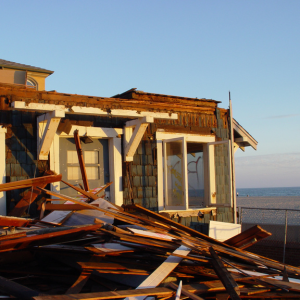
What preventative measures can safeguard rental properties?
To protect your rental property from damage, take some important steps. First, get good insurance to help with any unexpected problems. Keeping detailed records, like thorough lease agreements and inventory lists, is also important. These documents help clear up any questions about repair obligations under Texas law and prevent arguments. Holding a security deposit will cover small damages.
Regularly checking on the property and fixing issues quickly is key. These actions not only keep your property safe but also maintain its value.
How can landlords effectively screen potential tenants?
Finding the right tenant is crucial for protecting your investment. Start with a solid rental application that asks for the necessary details. Then, a background check will be conducted to see their credit history, criminal records, and past evictions. It’s a way to find responsible tenants.
Knowing tenant responsibilities in Texas helps in evaluating their history with other landlords. It also lowers liability by picking renters who follow rules. Using strong property management practices ensures these steps are handled professionally, thus protecting your investment.
What role does a renter’s insurance play in damage protection?
Renter’s insurance is very important for protecting against property damage caused by tenants. It offers security and reduces conflicts. Encouraging tenants to get insurance protects both sides financially if there are accidents or natural events.
Understanding Texas rental damage guidelines helps you know what legal recourse you have if damages happen. Including renter’s insurance in your leases creates a safer environment for your investment.
For more help with managing your rental properties, contact Sell My House Fast Now. Our experts can give advice to help you maximize your property’s potential and keep it safe.
FAQs:
How can I screen tenants thoroughly to avoid the destruction of property?
Screening tenants is important to protect your property. Check their credit history, ask for references, and do a background check. This helps find reliable renters and reduces the risk of damage.
What should I do if my tenant causes significant damage to my property in Texas?
First, take pictures of the damage. Talk with your tenant to try to work things out. If that doesn’t help, you might need to file an insurance claim or take legal steps.
Can tenant damage result in jail time?
Most of the time, tenant damage doesn’t lead to jail. But if the damage is very bad and intentional, the police may get involved.
Does tenant reimbursement cover damages to property in Texas?
In Texas, tenants usually have to pay back the landlord for damage that’s more than normal wear and tear. Make sure your lease clearly states this.
How should I handle tenant disputes over property conditions in Houston apartments?
Stay calm and listen during disputes. Keep records of all talks and repairs. Check your local law library in Houston for more information on tenant rights and duties.
Are there specific rules about tenant drug-related damages in Texas?
Yes, if tenants cause damage because of illegal drugs, they are responsible under Texas law. Landlords can evict them or file a complaint.
What’s the role of insurance claims in dealing with tenant damage?
Insurance can help pay for some damages as per your policy. Report any damage quickly and keep all records to support your claim.
Can landlords in Austin recover costs from tenant damage through construction adjustments?
Yes, landlords can use a tenant’s security deposit for small repairs or improvements caused by tenant damage with proper notice.
Key Insights
- Screen tenants thoroughly to avoid property destruction. This is crucial whether you’re in Texas or Oregon, helping you choose trustworthy renters.
- In Texas, tenant drug damage can harm your property’s condition. Stay calm and open-minded when dealing with such situations.
- Learn about tenant reimbursement rules in Texas to manage damage compensation effectively.
- Know the tenant property condition standards in Texas to keep your investments safe and follow the law.
- If you face issues like mold, contact a professional for assistance.
- Tenants in Texas have legal recourse for damage claims. Understanding these rights aids in resolving disputes smoothly.
- When compensating tenants for damages in Texas, follow state guidelines for fair outcomes.
- Companies such as Big Tex and those from Alberta can offer tips on handling consumer complaints related to property damage.
- When installing fences, pins, or other outdoor structures, ensure they meet local laws and tenant agreements.
These details apply to all of Texas, including cities like Houston, Irving, Dallas, Arlington, and Fort Worth, as well as their surrounding areas. For additional assistance or specific inquiries, call us at (800) 467-0003. Visit our website, Sell My House Fast Now, for more information and a full description of our services.
More Resources For Sellers In Texas

